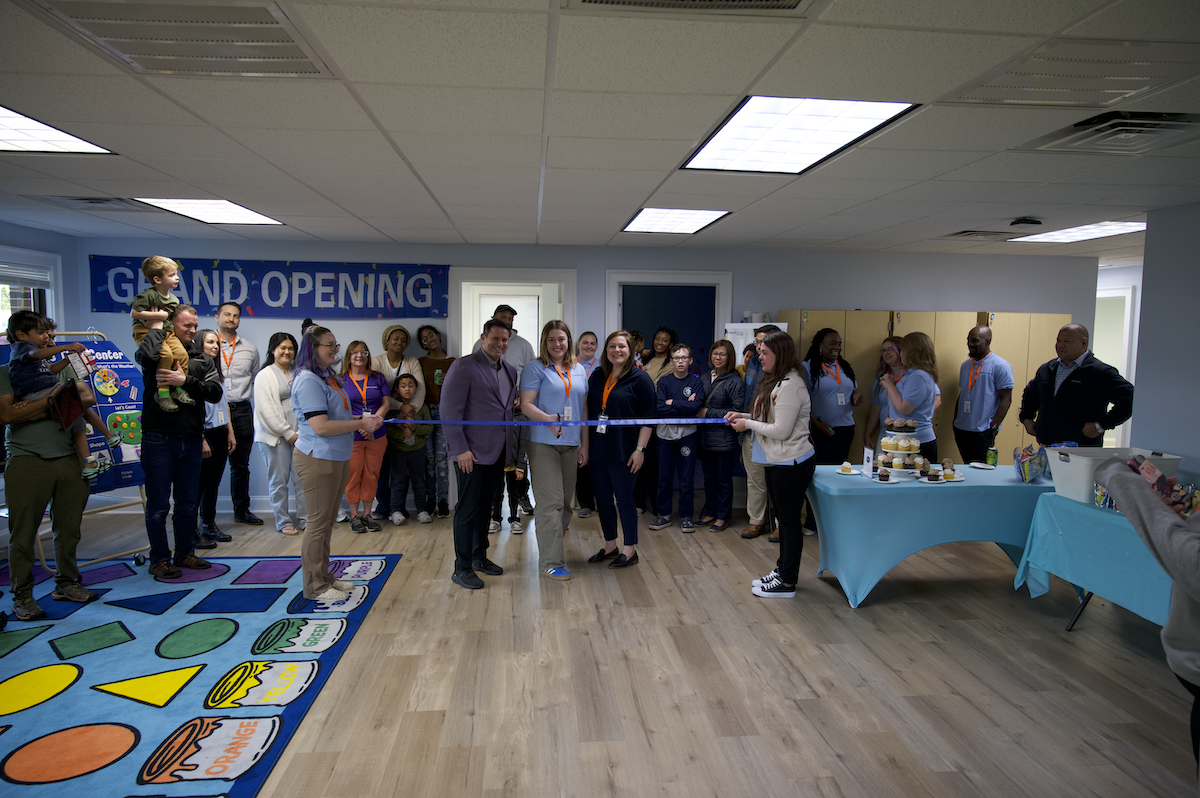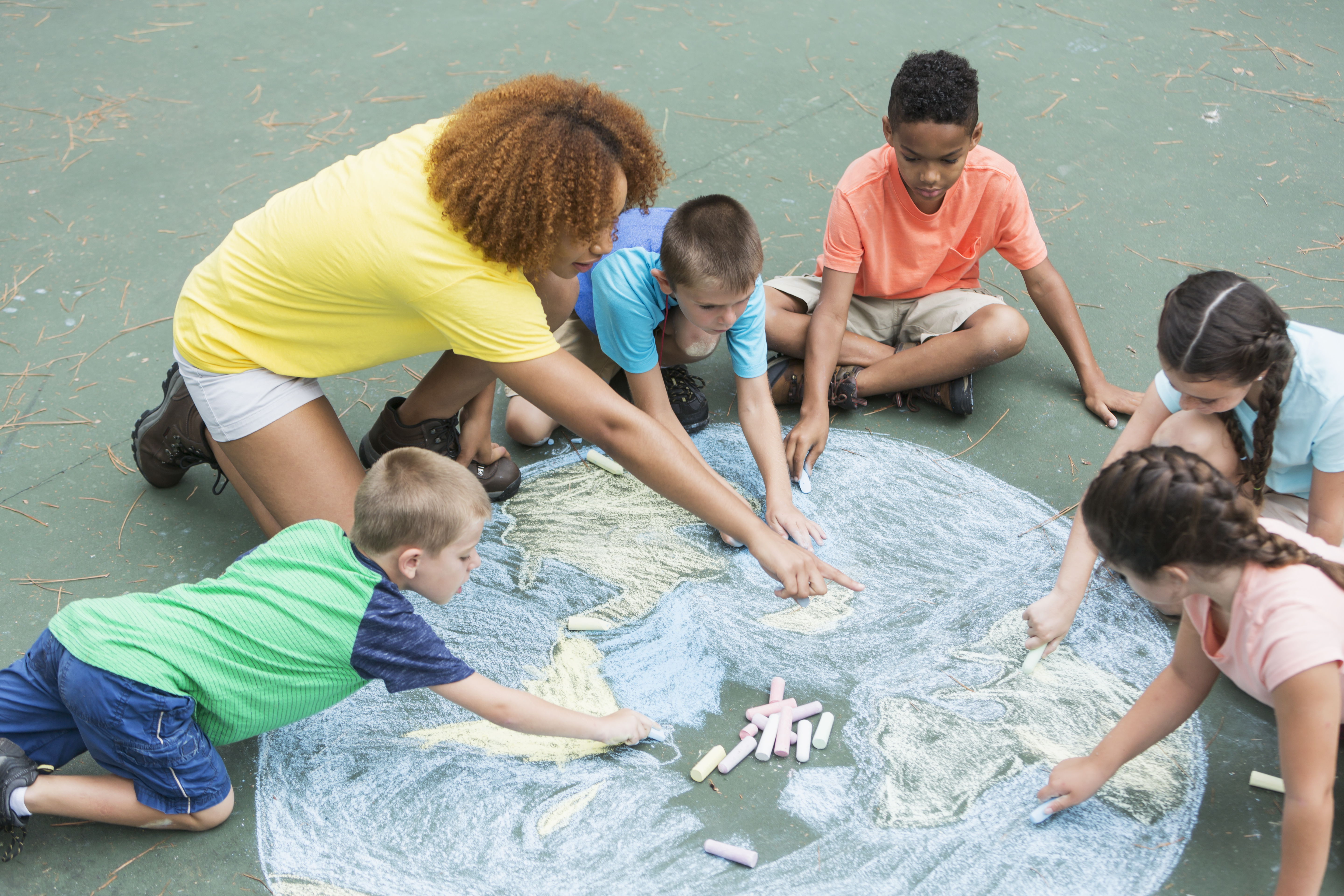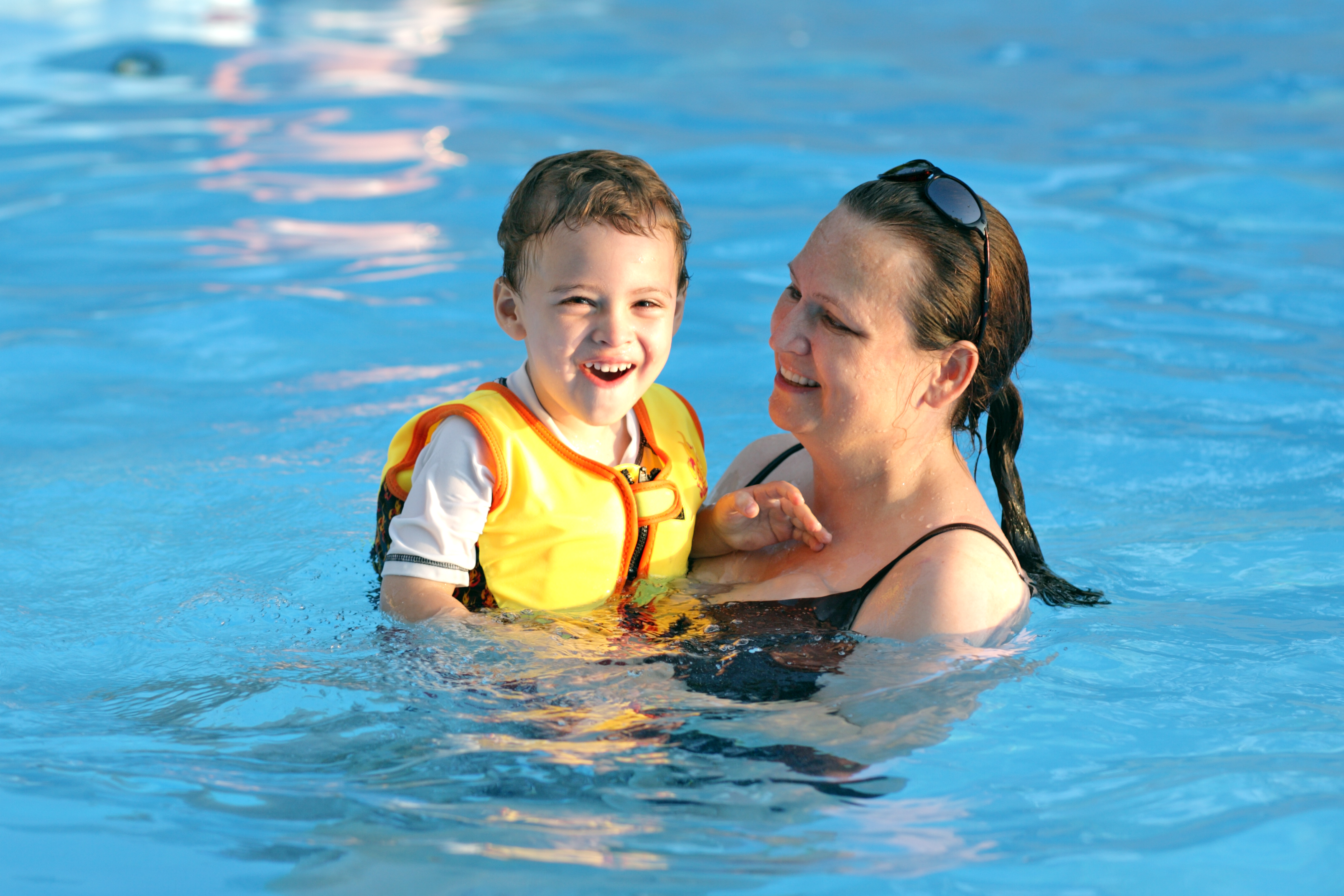Blogs & news
Discover expert blogs and articles created to support parents,
caregivers, and educators with practical tips, research insights,
and heartwarming stories to help children with autism thrive.
At Butterfly Effects, we’re proud to offer a collection of family-friendly
articles, blogs, and newsletters designed to inform and inspire.
These resources cover important topics like ABA therapy, autism,
and updates about Butterfly Effects. Each month, we share a new
article based on the topics families tell us matter most to them.
Scroll down to use the dropdown menu and explore our extensive
library of articles for you and your family.


